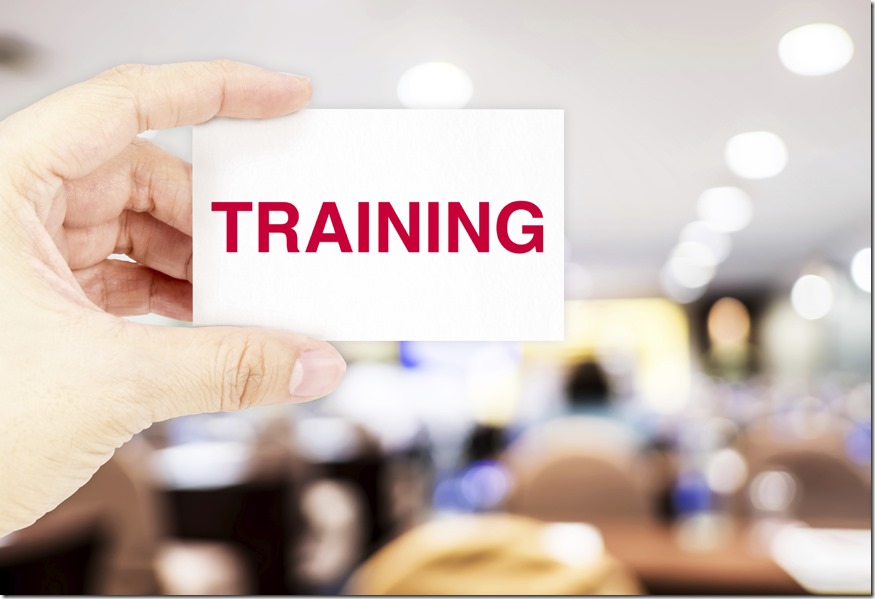How To Select A Presentation Training Firm
Lawyers, accountants, financial planners, and many other professionals are required to pass a test and receive a license before practicing their chosen careers.
No such requirements exist for presentation trainers—and although there are many terrific ones out there, the lack of third-party licensure can make it difficult for potential clients to separate the great coaches from the not-so-great ones.
This post will help people select a qualified presentation training firm that fits their needs. I hope you’ll consider my firm, Phillips Media Relations, but this post is intended to be broader than just my firm. To that end, I invite my fellow professionals to leave their thoughts in the comments section below.
Here are (at least) 9 questions you should ask when shopping for a presentation trainer.

1. Does the firm look professional? If the company doesn’t have a professional-looking website, it’s probably a sign that you’re looking at someone who dabbles in presentation training rather than someone making a career of it.
2. Does the firm have high-quality references? The best marketing is a happy client. Call or email three of the firm’s clients. Also, because larger companies don’t always send the firm’s principal to do your training, find out who would do the training, how often they train, and get references for both the trainer and the firm. One important question to ask: “Did you see a substantial improvement in your trainees’ speaking skills during the session?”
3. What is the tone of the workshop? Good trainers are high on the EQ (emotional intelligence) scale—that is, they are able to sense the vulnerabilities of their trainees and adjust their styles to match the needs of the group. It’s necessary for trainers to deliver straightforward feedback to trainees—but in an approachable manner that leaves participants receptive to feedback (and often asking for more).
4. What is your teaching methodology? We’ve learned that a combination of teaching techniques—learning a few high-level best practices, delivering several practice presentations and receiving personalized feedback, watching key video excerpts of other speakers, and participating in drills—is the most effective way for clients to quickly grow their skills. Other trainers use different methodologies, and I have no doubt many of theirs are successful. Compare the differences to see which fit is best for you.

5. Is your guidance based on research? To me, this is a deal breaker. Too many clients have received counterproductive advice in the past and suffered from it for years. Ask for a few examples of the trainer’s research-based approach to training to make sure the training is rooted in science, not personal opinion.
6. Is the workshop customized? If the firm uses a canned “off-the-shelf” presentation, run the other way. The trainer you select should review your previous and upcoming speeches, PowerPoint presentations, outlines, notes, and video clips. They should also learn more about your organization, the audiences you face, and the challenges you encounter when discussing your work.
7. Does the firm have industry experience? Good trainers should become conversant in your issues by doing their homework prior to your session. But overall, I’ve never thought that having extensive industry experience mattered much, because trainers are supposed to be experts in technique and structure, which applies across industries. In fact, I’ve learned that having a broad array of clients has broadened the depth of my experience and provided me with a far greater number of techniques at my disposal.
8. Does the firm have a blog, a book, or published articles? Read everything you can by the firm. Read its blog, published articles, and/or books. Make sure their approach to training matches your personality and learning style.
9. Does the firm offer post-training education? No one can learn everything in a single day of training. What does the firm do to extend the education past the training day? Does it offer focused takeaway materials, follow-up phone calls, newsletters, blog articles, videos, and/or other learning opportunities?
What did I miss? Add your thoughts to the comments section below, and click here to read more about our presentation training approach.


